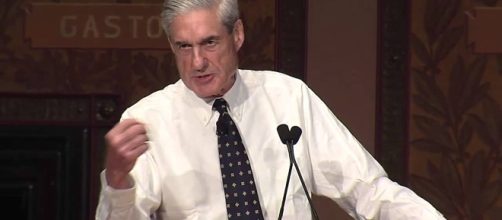Special counsel Robert Mueller has expanded the scope of the Russian investigation beyond the interference in the 2016 election. He will interview three intelligence officials this week to determine if President Donald Trump is part of attempts to obstruct justice.
Mueller, whom Trump’s confidant said the president could fire, will also search for evidence of possible financial crimes among Trump’s associates. He will interview Daniel Coats, the director of National Intelligence, Admiral Mike Rogers, the head of the National Security, and Richard Ledgett, the former deputy of Rogers.
Voluntary appearance
The Washington Post reported that the three will appear voluntarily. It is not clear, however, if they will disclose all details of their conversation with Trump or be ordered by the White House to invoke executive privilege. The use by the White House of executive privilege, however, may likely not be invoked because of the Supreme Court decision in the Watergate scandal that the privilege cannot be used to hide evidence in criminal prosecutions.
Coats and Rogers were two of the persons that fired FBI Director James Comey spoke to about the Russian probe. Besides what Comey told Coats, the National Intelligence Director and CIA Director Mike Pompeo were asked by Trump, after a briefing on March 22, to intervene with the FBI director to pressure Comey to stop the probe on Flynn.
The next day, Trump reportedly phoned the two to issue separate statements that there is no evidence of collusion between the Russian government and the Trump campaign. Rogers and Coats declined Trump’s request.
Trump camp questions legality of leak
After the Washington Post report was published on Wednesday evening, Mark Carallo, a spokesman of Marc Kasowitz, the lawyer of Trump, questioned the legality of the leak. The information that Mueller will talk to intelligence officials was shared with five people who were briefed on the request, Time reported. Carallo called the leak as outrageous, inexcusable, and illegal.
Although Comey assured Trump when he was still FBI director that the president was not under investigation for collusion with Russian officials, it changed after the former “The Apprentice Host” fired Comey, The New York Daily News reported. Trump’s order for the FBI to stop the investigation of Flynn could also be considered obstruction of justice.


